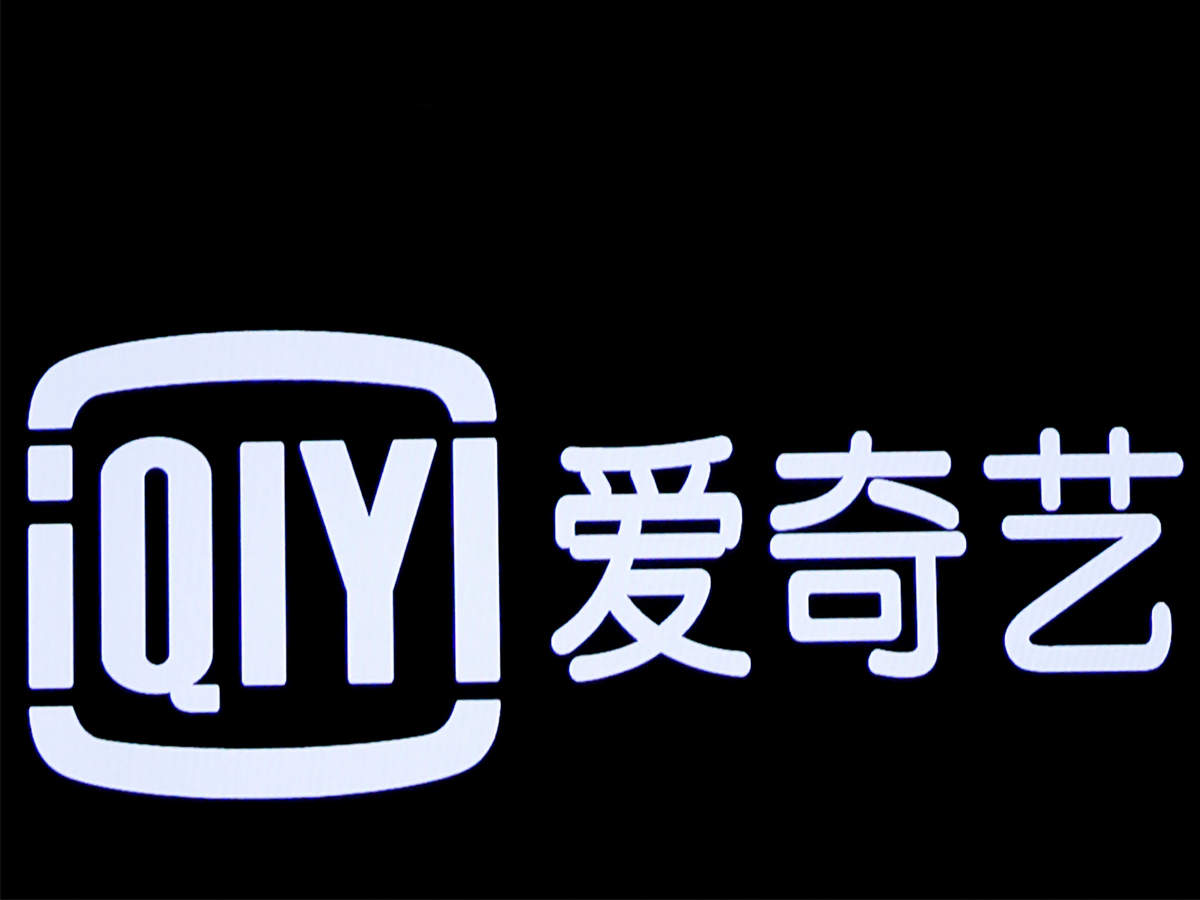
However the discussions have stalled with little hope of recommencing quickly as they balk at a valuation of round $20 billion demanded by Baidu and as each corporations, which have their very own video streaming providers, face heightened scrutiny by China’s antitrust regulators, two individuals mentioned.
One other Chinese language tech big, TikTok proprietor ByteDance has additionally internally checked out the potential for buying a controlling stake in iQIYI, three sources mentioned.
Thought-about China’s equal to Netflix Inc, Nasdaq-listed iQIYI has a market capitalisation of $16.4 billion, which values Baidu’s 56.2% stake at about $9.2 billion.
Tencent, whose curiosity in iQIYI was first reported by Reuters in June, believes the corporate is value about half of what Baidu needs, mentioned two of the individuals.
Baidu, iQIYI and Tencent declined to touch upon the deal talks. ByteDance declined to touch upon the extent of its curiosity in iQIYI. Alibaba didn’t reply to a request for remark.
Whereas it’s the No. 2 participant in China’s video streaming market, cash-burning iQIYI has but to interrupt even in its 10-year historical past. Its newest quarterly earnings confirmed drops in income and subscribers, punishing its shares which have misplaced practically a fifth of their worth within the final two weeks.
Additionally it is being investigated by the U.S. Securities and Trade Fee after a report in April issued by short-seller Wolfpack Analysis accused iQIYI of inflating numbers. iQIYI, which is cooperating with the probe, has mentioned an inside evaluation has discovered no proof of Wolfpack’s claims.
The video streaming service, whose money and money equivalents virtually halved within the 9 months to end-September to three.16 billion yuan ($481 million) plans to lift at the very least $1 billion within the coming months, mentioned one particular person with direct information of the matter.
That will take the type of a share providing or a convertible bond or each, the particular person mentioned, including, nonetheless, that the corporate’s latest share slide has clouded its financing prospects.
iQIYI didn’t instantly reply to a request for touch upon its fundraising plans. Baidu mentioned in a press release that iQIYI, as an unbiased publicly listed entity, has clean financing channels in capital markets and its help of iQIYI has not modified.
Regulatory headwinds
Investing in iQIYI now could also be politically troublesome for Alibaba and Tencent after Beijing this month unveiled draft tips aimed toward stopping monopolistic behaviour by web corporations. The draft’s scope ranges from huge information to fee providers.
That got here on the heels of the shock transfer by regulators to slam the brakes on Alibaba affiliate Ant Group’s $37 billion IPO simply days forward of its debut in a surprising rebuke for Ant and Alibaba founder Jack Ma.
“After regulators printed new fintech and anti-trust guidelines which can hit Alibaba’s enterprise, Alibaba’s administration is at present reluctant to proceed with huge offers,” one particular person mentioned.
Buying iQIYI would give ByteDance, which makes most of its earnings from quick video app Douyin, the Chinese language model of TikTok, the chance to enter the principle marketplace for longer size TV exhibits and flicks.
It does have a separate video platform Xigua, which primarily affords movies of 1-Half-hour, an space it has been planning to step up funding in.
However Baidu, which holds greater than 90% of iQIYI’s shareholder voting rights, is just not more likely to think about ByteDance as a purchaser given a years-long feud between the 2 corporations in China’s digital advert market, mentioned two sources.
The search engine big’s curiosity in promoting its stake in iQIYI comes on the again of a shift in focus to creating synthetic intelligence and autonomous driving – areas which require heavy upfront funding.
Tencent Video was ranked the highest participant in China’s video streaming market with a penetration fee of 45% on the finish of 2019, adopted by iQIYI with 43% and Alibaba’s Youku with 27%, in accordance with analysis agency BlueCatData.






